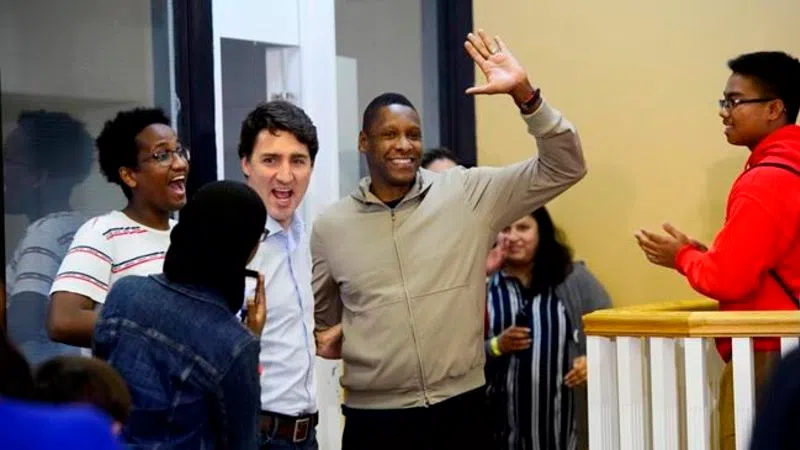
Singh says NDP would form coalition with the Liberals to stop Tories
OTTAWA — NDP Leader Jagmeet Singh said Sunday he will do “whatever it takes” to keep the Conservatives from assuming power, including forming a coalition government with Justin Trudeau’s Liberals.
Singh was in a Liberal-held riding Sunday afternoon in Surrey, B.C., where he was pressed about his post-election intentions amid increasing rhetoric from Trudeau that voting Liberal is the only way centre-left voters can avoid making Conservative Leader Andrew Scheer prime minister.
With just eight days to go before the final votes are cast, the race is seemingly tighter than ever. Support for the NDP and Bloc Quebecois is continuing to tick upwards, keeping both the Liberals and Conservatives from pulling ahead into first place.
Singh is attempting to neutralize the Liberal fear factor by promising that even if Scheer’s Conservatives end up winning the most seats but not a majority, the NDP would “absolutely” work with the Liberals, Bloc and Green party on a coalition government.


